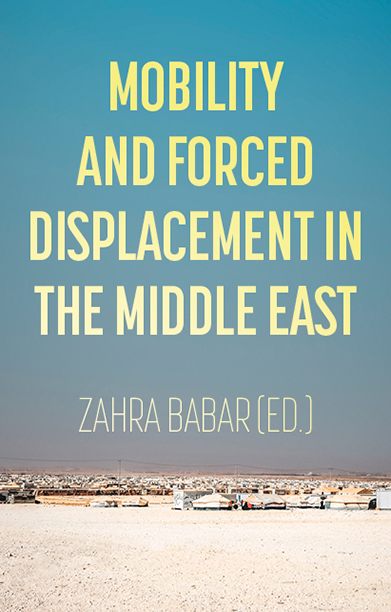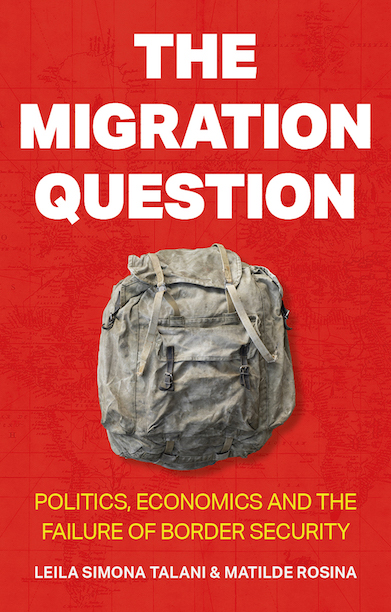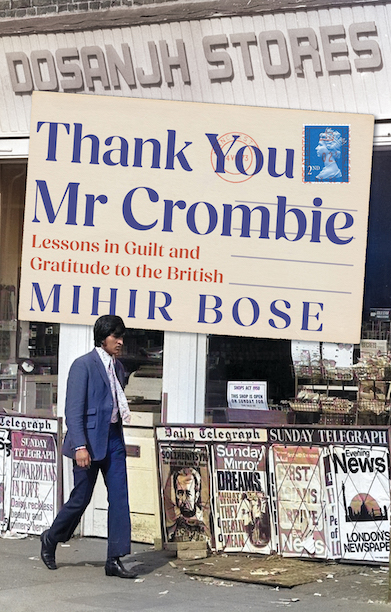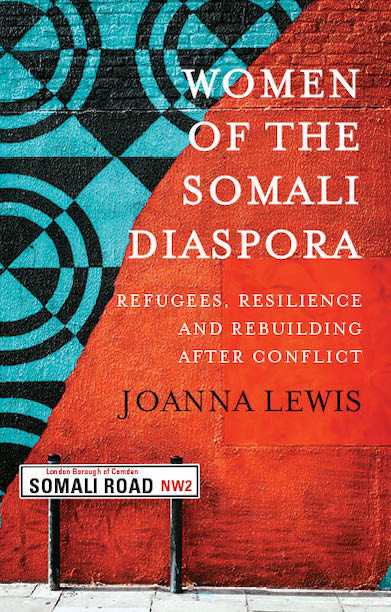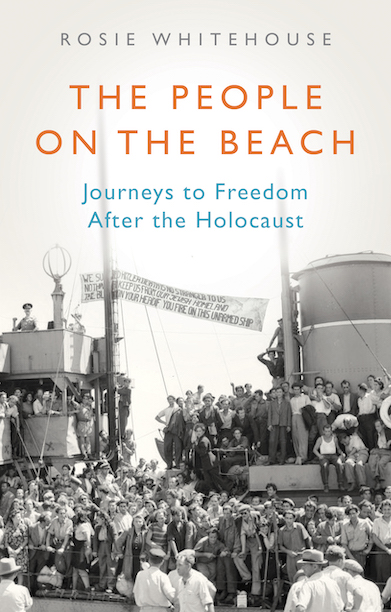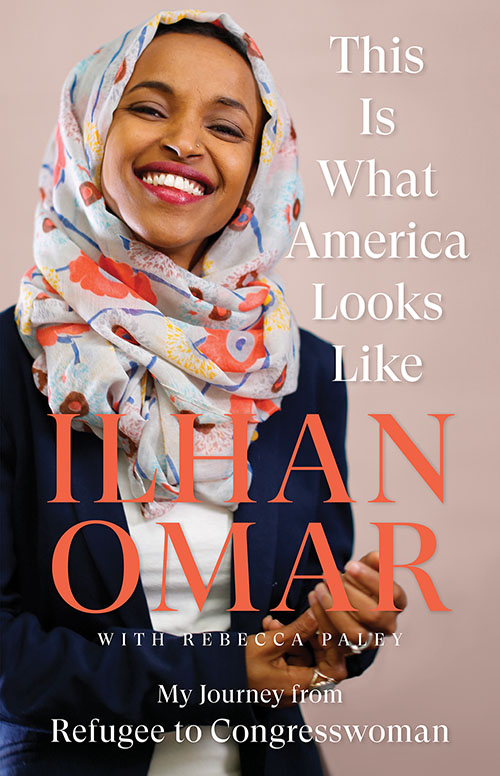Mobility and Forced Displacement in the Middle East
Part of the Georgetown University, Center for International and Regional Studies, School of Foreign Service in Qatar seriesEmphasises the diversity of the origins, consequences, and experiences of human mobility in the Middle East.
Description
Amid pervasive and toxic language, and equally ugly ideas, suggesting that migrants are invaders and human mobility is an aberration, one might imagine that human beings are naturally sedentary: that the desire to move from one’s birthplace is abnormal. As the contributors to this volume attest, however, migration and human mobility are part and parcel of the world we live in, and the continuous flow of people and exchange of cultures are as old as the societies we have built together.
Together, the chapters in this volume emphasise the diversity of the origins, consequences and experiences of human mobility in the Middle East. From multidisciplinary perspectives and through case studies, the contributors offer the reader a deeper understanding of current as well as historical incidences of displacement and forced migration. In addition to offering insights on multiple root causes of displacement, the book also addresses the complex challenges of host–refugee relations, migrants’ integration and marginalisation, humanitarian agencies, and the role and responsibility of states. Cross-cutting themes bind several chapters together: the challenges of categories; the dynamics of control and contestation between migrants and states at borders; and the persistence of identity issues influencing regional patterns of migration.
Reviews
‘This collection is both a timely and significant contribution to our understanding of what makes movement and mobility a defining feature of contemporary life in the Middle East.’ — Dawn Chatty, Emeritus Professor of Anthropology and Forced Migration, University of Oxford
‘Babar has skillfully assembled an impressive collection of case studies on voluntary and involuntary mobility in the Middle East. A valuable contribution to the debate on how states and non-state actors instrumentalise migration, displacement and statelessness.’ — Abdulhadi Khalaf, Professor of Sociology, Lund University
‘This volume is timely and essential as more borders harden, economies and societies struggle with refugees, and war continues to cause human suffering in the Middle East. An excellent read and a must-have resource for scholars in the field.’ — Jane Bristol-Rhys, Associate Professor of Anthropology, Zayed University Abu Dhabi, and author of Emirati Women
Editor(s)
Zahra Babar is Associate Director for Research at the Center for International and Regional Studies at Georgetown University’s School of Foreign Service in Qatar. Previously, she served with the International Labor Organization and the United Nations Development Program. Her current research interests include rural development, migration and labor policies, and citizenship in the Persian Gulf states. Babar’s recent publications include ‘The Enemy Within: Citizenship Stripping in the Post Arab Spring GCC’ (Middle East Journal, 2017), as well as Arab Migrant Communities in the GCC, Food Security in the Middle East (co-edited with Suzi Mirgani), and Migrant Labor in the Persian Gulf (co-edited with Mehran Kamrava).
